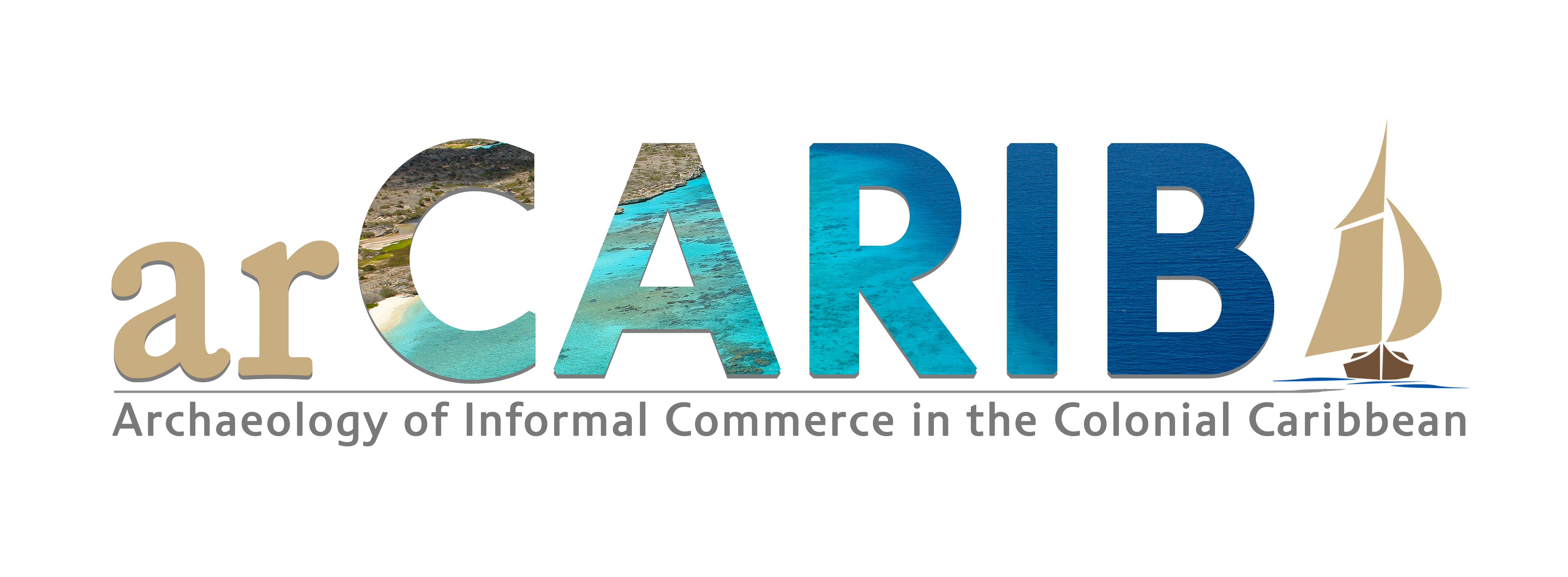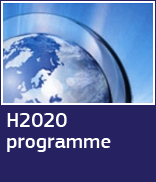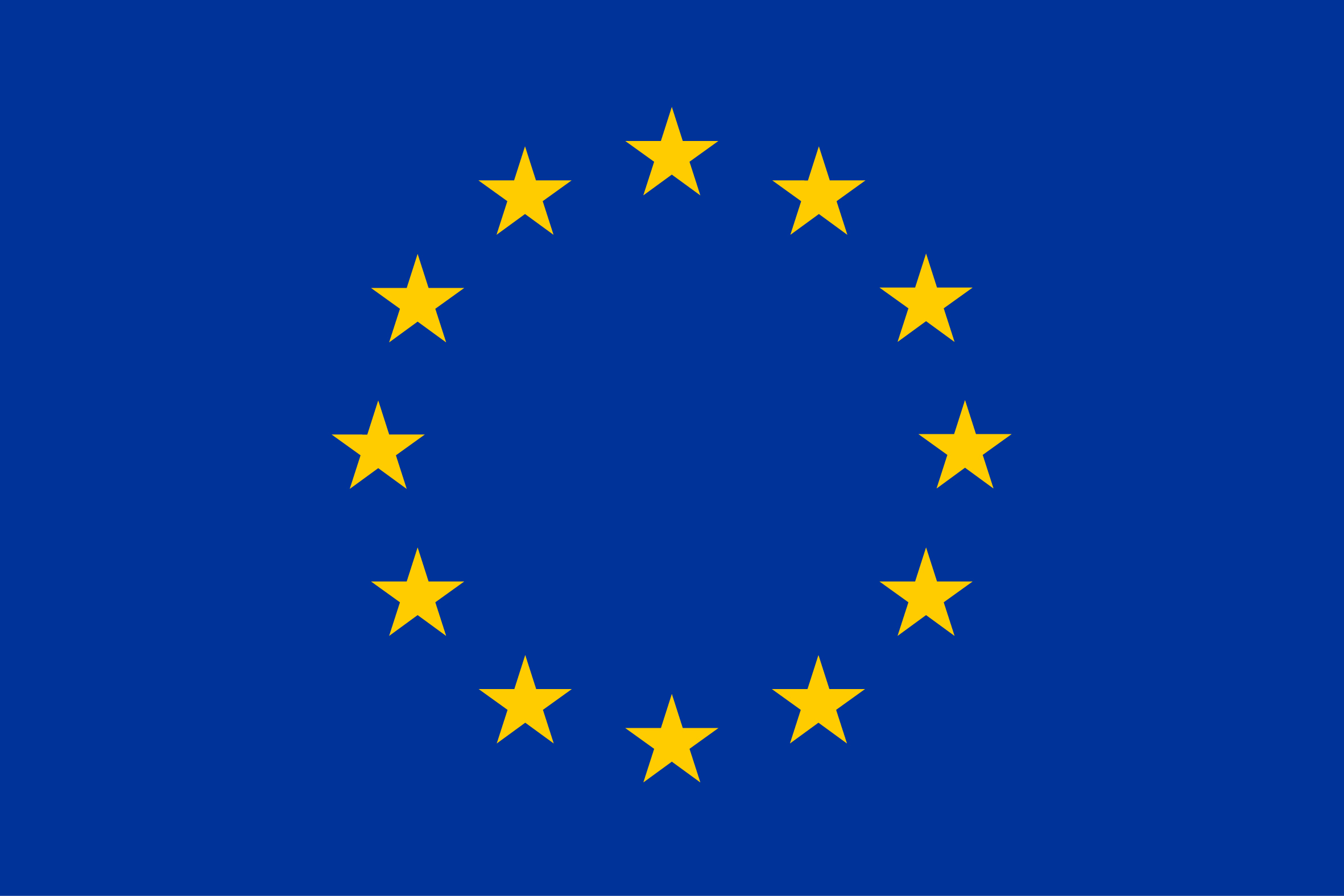Principal Investigator: Konrad A. Antczak
Primary Coordinator: Sandra Montón-Subías
Informal commerce thrived for more than two centuries between the Dutch islands of Aruba, Curaçao, and Bonaire (ABC islands) and Spanish colonial Venezuela, seducing a diversity of regional trans-imperial seafarers and mobilizing vital commodities. Indispensable European ceramics were traded to the mainland chronically neglected by Spanish provisioning fleets, while local Venezuelan ceramics itinerated to the ABC islands to satisfy everyday domestic needs.
While much is known about the socioeconomic and political history and impacts of this longstanding commerce, nothing is known of its material dimensions and how the indispensable smuggled ceramics changed or maintained the identities and gender relations of peoples in the colonial societies on the islands and the continent. The central research question of the ArCarib project is: how did the informal maritime commerce of ceramics in the 17th- and 18th-century South-eastern Caribbean impact the everyday life of communities on the ABC islands and on the Venezuelan coast, particularly their identity formation processes and gender relations?
This interdisciplinary historical archaeological project employs the innovative theoretical and methodological framework of assemblages of practice, developed by the PI, to critically contrast new and existing archaeological, archaeometric, and documentary evidence and answer this central research question. This first cross-border archaeological study between the ABC islands and Venezuela will break new ground, revealing how through informal commerce the colonized agentially contributed to the dynamics of continuation and/or change in their communities’ identities and gender relations beyond the restrictive, acculturating, and engendering policies imposed by the colonizer. This project is poised to generate completely new knowledge that will advance interdisciplinary understandings of contraband and informal commerce in the early-modern colonial contexts and its material dimensions and impacts.
This project has received funding from the European Union’s Horizon 2020 research and innovation programme under the Marie Sklodowska-Curie grant agreement No 840992.


